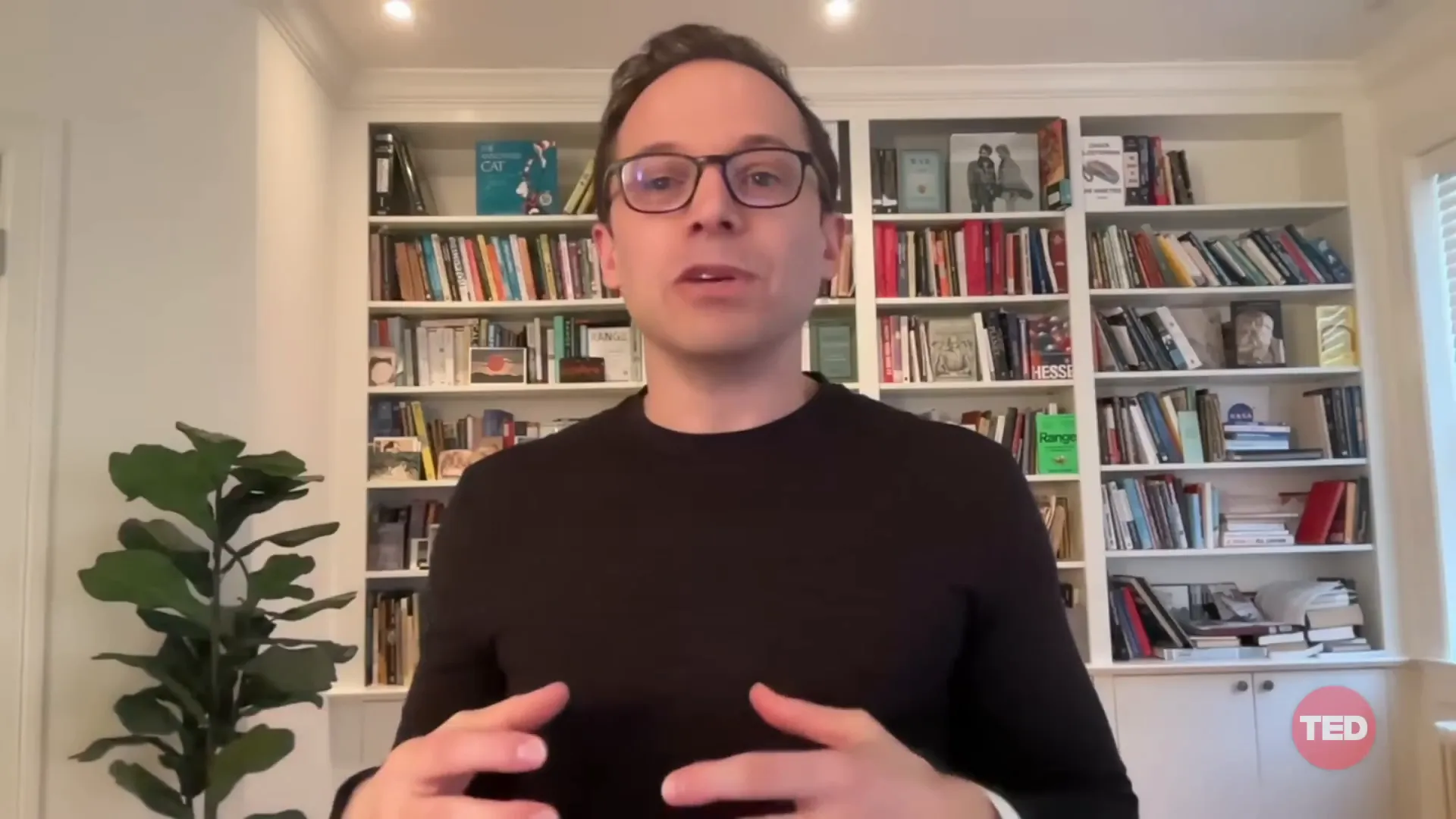May 20, 2025
How Embracing Flexibility Over Rigid Goals Can Transform Your Life
In a world obsessed with rigid goal-setting, Emmanuel Acho and David Epstein challenge the notion that New Year's resolutions and strict objectives are the keys to success. Instead, they advocate for a more flexible approach—one that focuses on small experiments and intrinsic motivation, allowing individuals to explore their potential without the pressure of unattainable standards.
The Myth of Quitter's Day
Quitter's Day—an arbitrary label assigned to the first Friday of the new year, when it's said most people abandon their New Year's resolutions. This notion is not just a quirky observation; it highlights a fundamental flaw in how we approach change. Why do we need a national day to signify our failures? If your aspirations are genuine, why wait for a specific date to ignite that change? The truth is, the idea of Quitter's Day perpetuates a cycle of guilt and disappointment, rather than fostering a healthy mindset towards growth.
Understanding the Implications
When we label a day as Quitter's Day, we unintentionally reinforce the idea that failing to meet our resolutions is a personal shortcoming. This perspective can be damaging. Instead of viewing these moments as opportunities for reflection and adjustment, we often spiral into self-criticism. This is where the distinction between intrinsic and extrinsic motivation becomes crucial. Intrinsic motivation fuels a desire for personal growth, while extrinsic motivation often relies on external validation and timelines that can lead to disappointment.
The Flaws of New Year's Resolutions
New Year's resolutions are often built on lofty ideals that lack a clear path to achievement. Many of us set vague goals like "get fit" or "be more productive," but these are not actionable. Without specificity, they become mere wishes. The truth is, resolutions can become a source of stress and guilt rather than a catalyst for positive change.
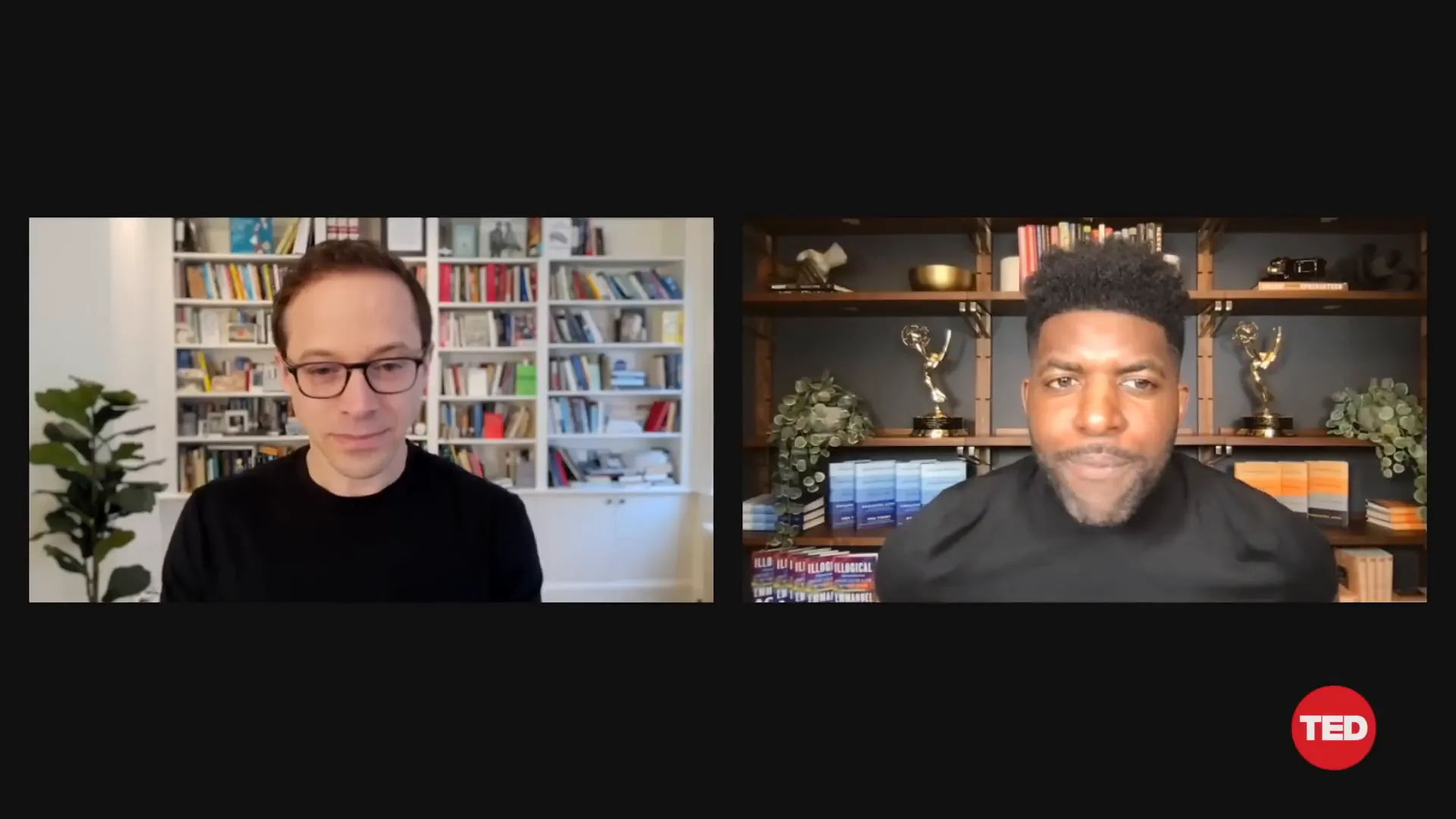
Why Vague Goals Fail
- Lack of Clarity: Goals that aren't specific often lead to confusion about the next steps.
- Unrealistic Expectations: Setting overly ambitious targets can lead to frustration and quitting.
- External Pressure: Many resolutions are influenced by societal expectations rather than personal desires.
Shifting the Focus
Instead of setting resolutions, consider adopting a mindset focused on growth through experimentation. This approach allows for flexibility and adaptability. Instead of saying, "I want to lose 20 pounds," you might say, "I will try a new workout class each week." This shift promotes a journey over a destination.
A Personal Story of Goal-Setting Failure
Reflecting on my own experiences, I can recall a time when I was caught in the trap of traditional goal-setting. Like many, I had a vision of what success looked like—often defined by societal standards. But when I faced setbacks, I didn't see a path forward; I only saw failure. It was a pivotal moment that changed my outlook on setting goals.
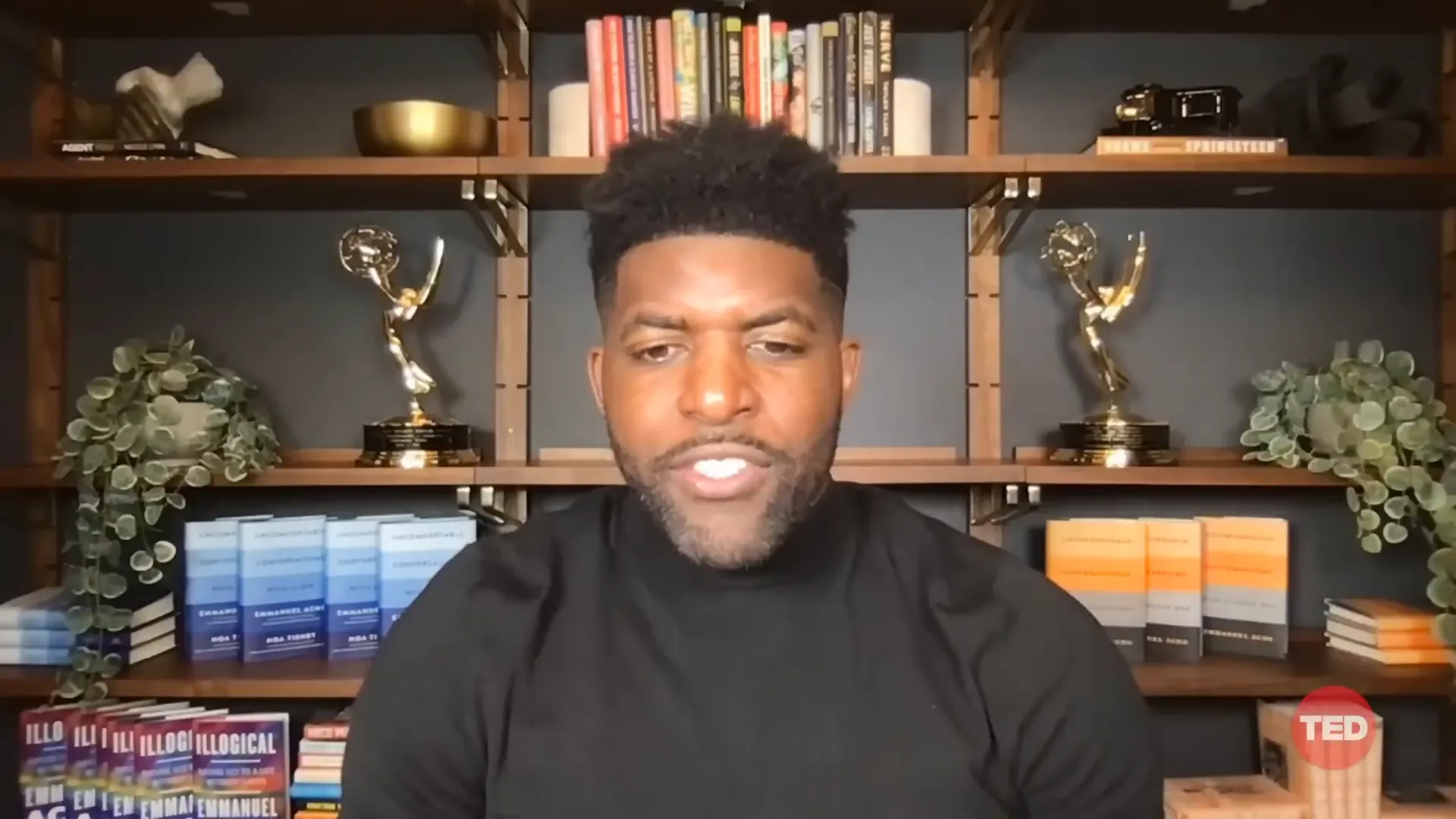
The Turning Point
During a critical phase of my life, I set goals that seemed reasonable at the time but ultimately led to disappointment. I wanted to achieve certain milestones by a specific age—like finishing my degree or landing a dream job. When I missed these benchmarks, I felt as though I had failed. It took time to realize that these were not the only measures of my worth or potential.
The Impact of Extrinsic Motivation
Extrinsic motivation can be a double-edged sword. It often drives us to achieve goals, but it can also lead to burnout and anxiety. When our self-worth is tied to external outcomes, we risk losing sight of our intrinsic motivations.
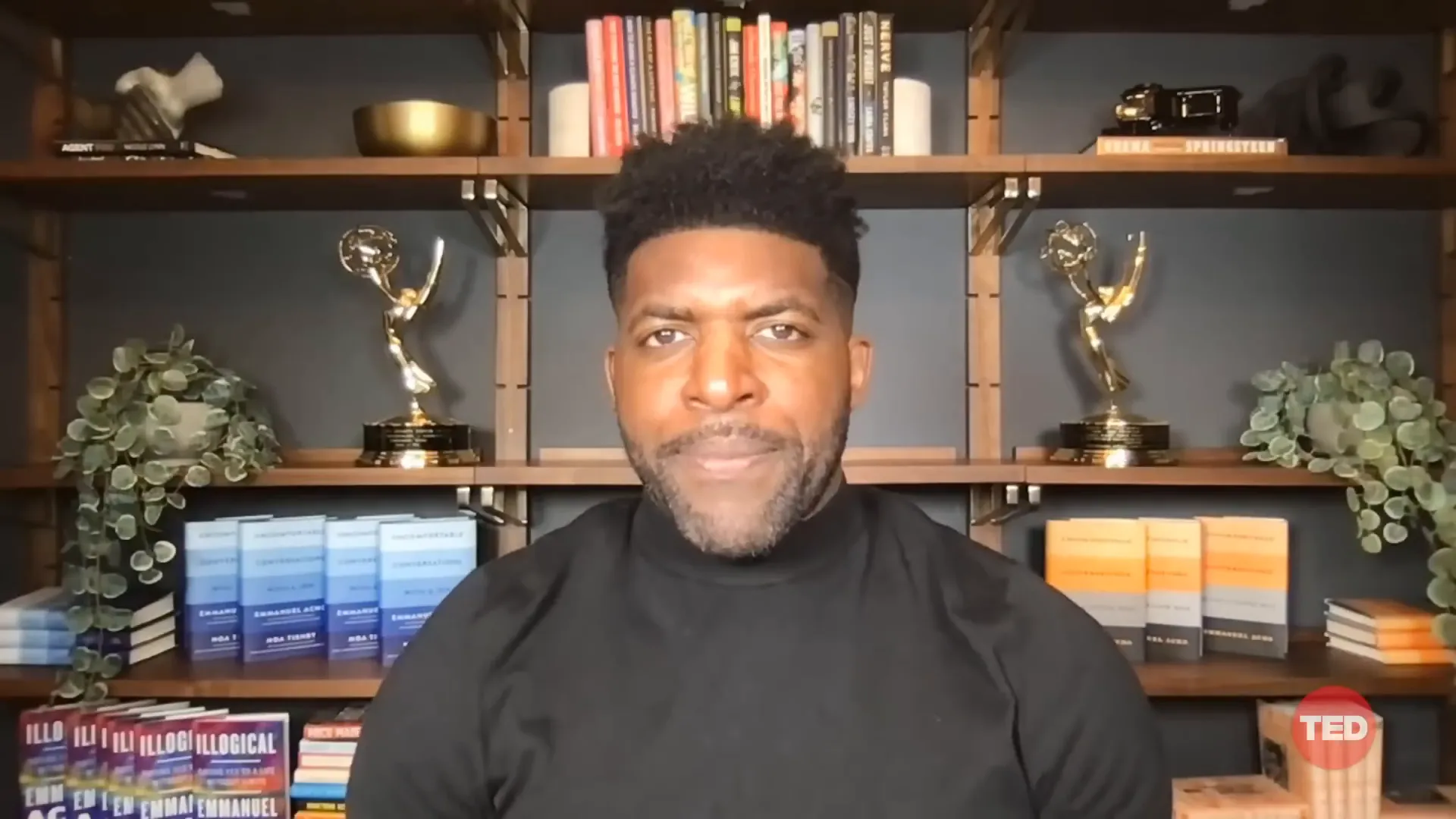
Recognizing the Dangers
- Pressure to Perform: The need for external validation can create a fear of failure.
- Short-Lived Motivation: Goals based on outside approval often lack staying power.
- Neglecting Personal Growth: We may overlook opportunities for genuine self-improvement in pursuit of accolades.
The Shift to Experimentation
Embracing a mindset of experimentation can transform how we approach our aspirations. Instead of rigid goals, we can engage in a series of small, manageable experiments that allow us to learn and grow without the pressure of failure.
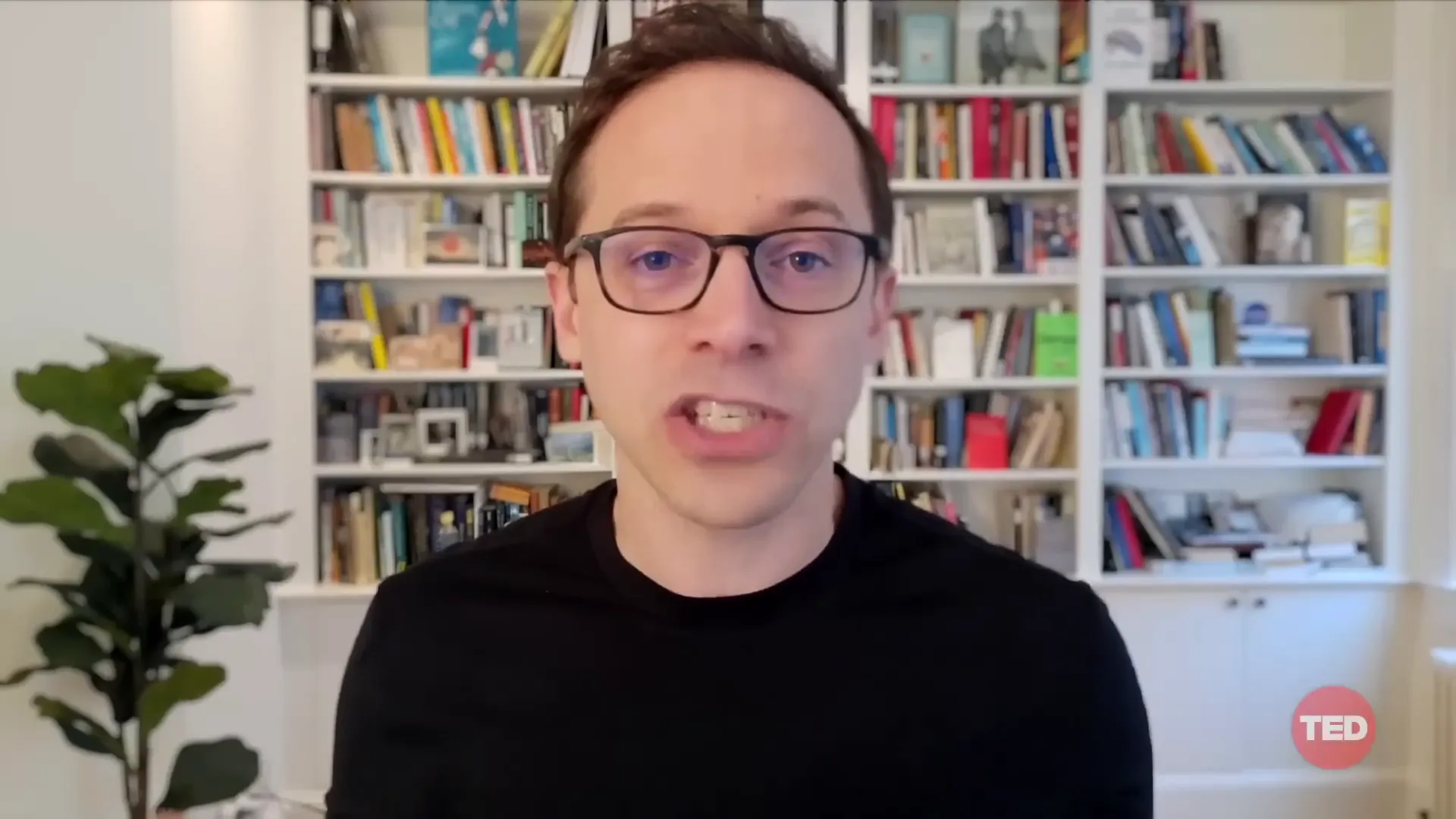
Implementing Small Experiments
Consider the power of setting up small experiments in your life. These can be as simple as trying a new hobby, exploring a different career path, or even changing your daily routine. The key is to focus on the process rather than the outcome. Reflect on what you learn through these experiments, as this reflection is where real growth occurs.
Rethinking Goals: A New Perspective
It's time to rethink our approach to goals. Instead of framing them as fixed endpoints, we should view them as flexible objectives that guide our energy and efforts.
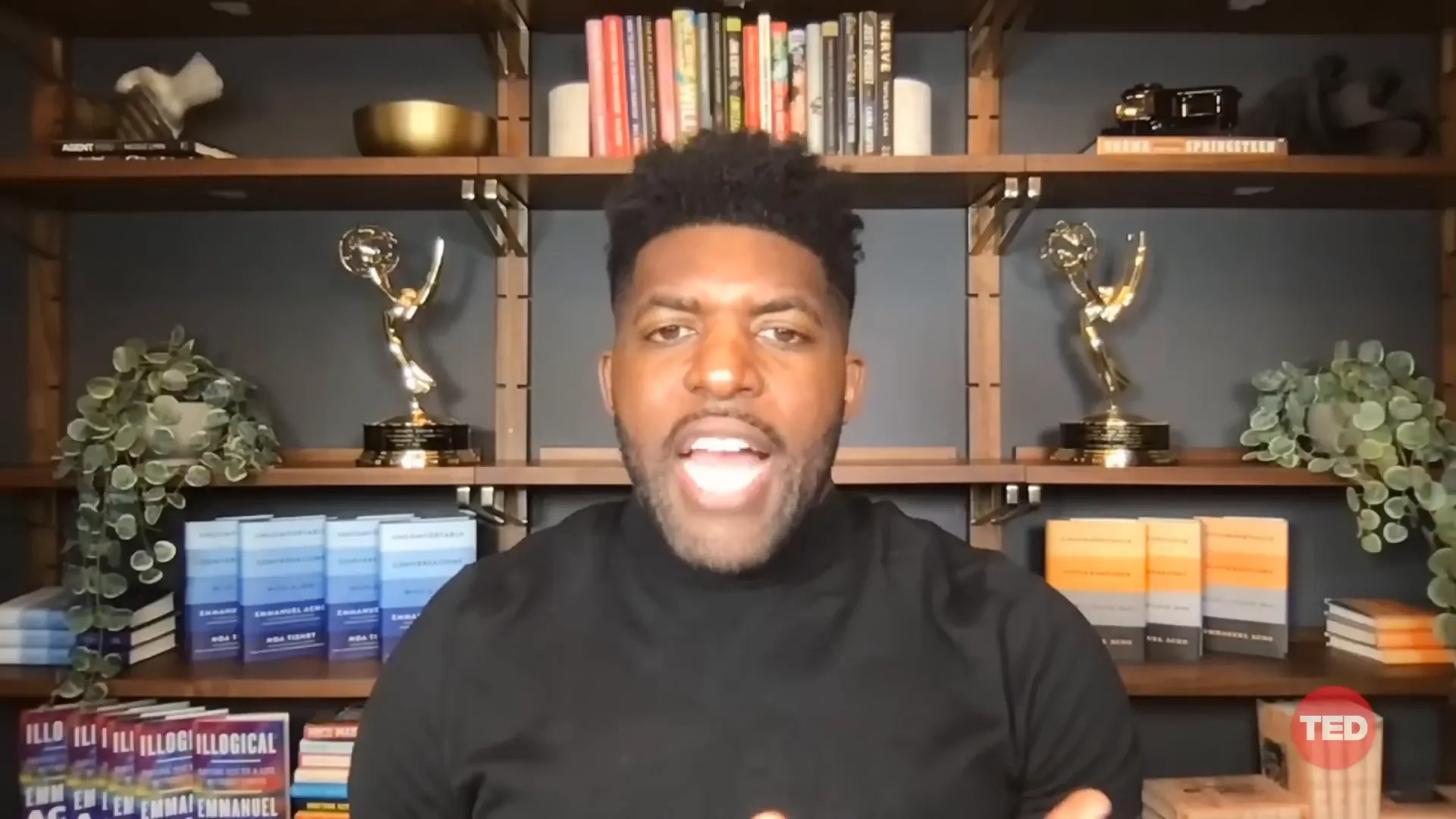
Objectives Over Goals
By shifting from a goal-oriented mindset to one focused on objectives, we allow ourselves to explore different pathways. An objective is about the direction you want to head, not a destination to reach. This perspective encourages exploration and minimizes the fear of failure.
The Importance of Reflection
Reflection plays a critical role in personal growth. It's through reflection that we can assess our experiments, understand what works for us, and adjust our approaches accordingly.
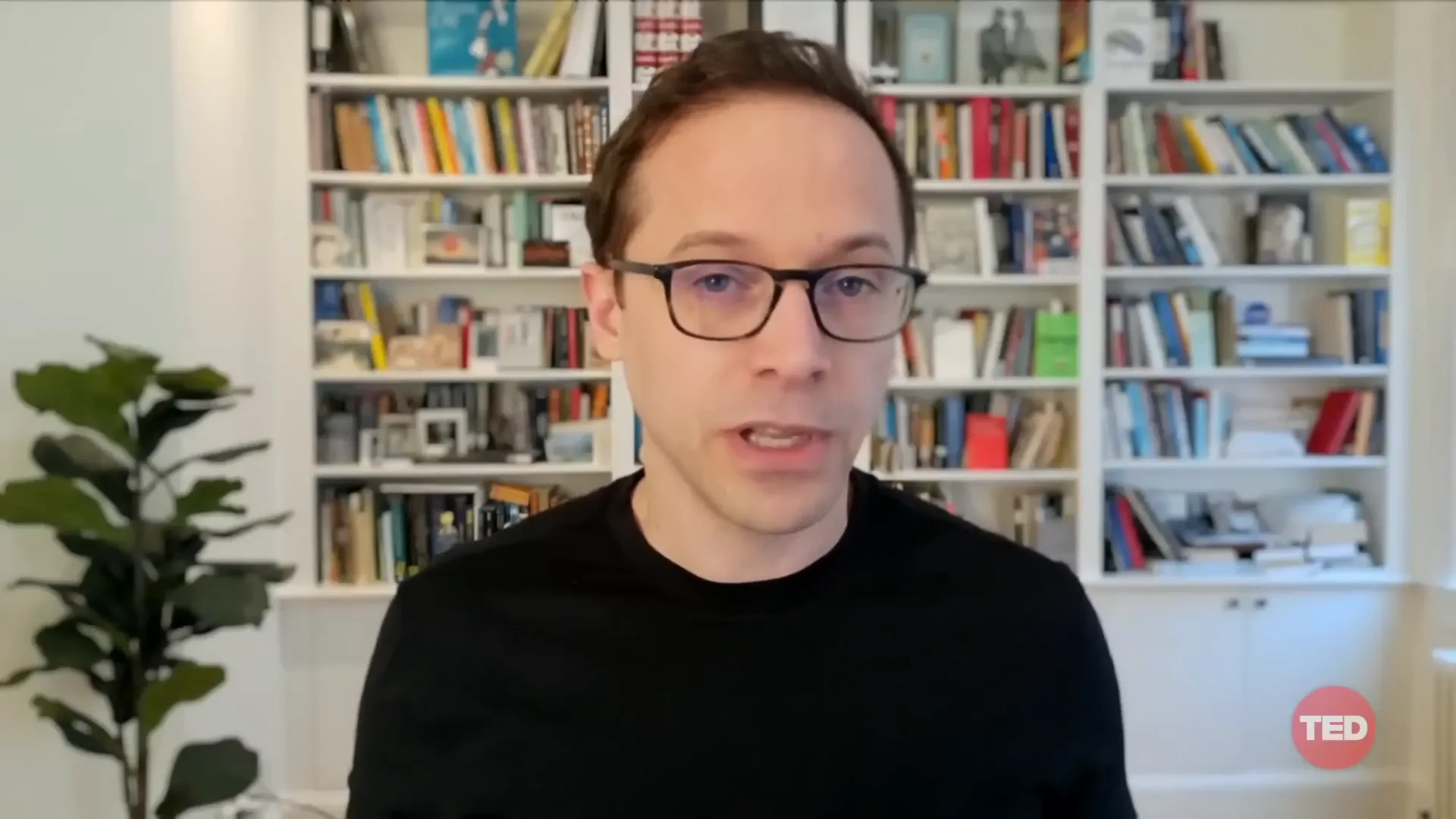
Creating a Reflection Habit
- Schedule Regular Check-Ins: Set aside time weekly or monthly to reflect on your experiments.
- Document Your Insights: Keep a journal of what you learn from your experiences.
- Adjust as Needed: Use your reflections to inform future objectives and experiments.
By integrating these practices into your life, you can cultivate a more resilient and adaptable approach to personal growth. Embrace experimentation, prioritize reflection, and focus on intrinsic motivation to unlock your full potential.
Self-Regulatory Learning: A Key to Growth
Self-regulatory learning is the foundation of personal development. It encourages individuals to take charge of their own learning processes, reflecting on their experiences and adjusting their strategies accordingly. This concept emphasizes the importance of being adaptable and responsive to changing circumstances rather than rigidly adhering to predetermined goals.
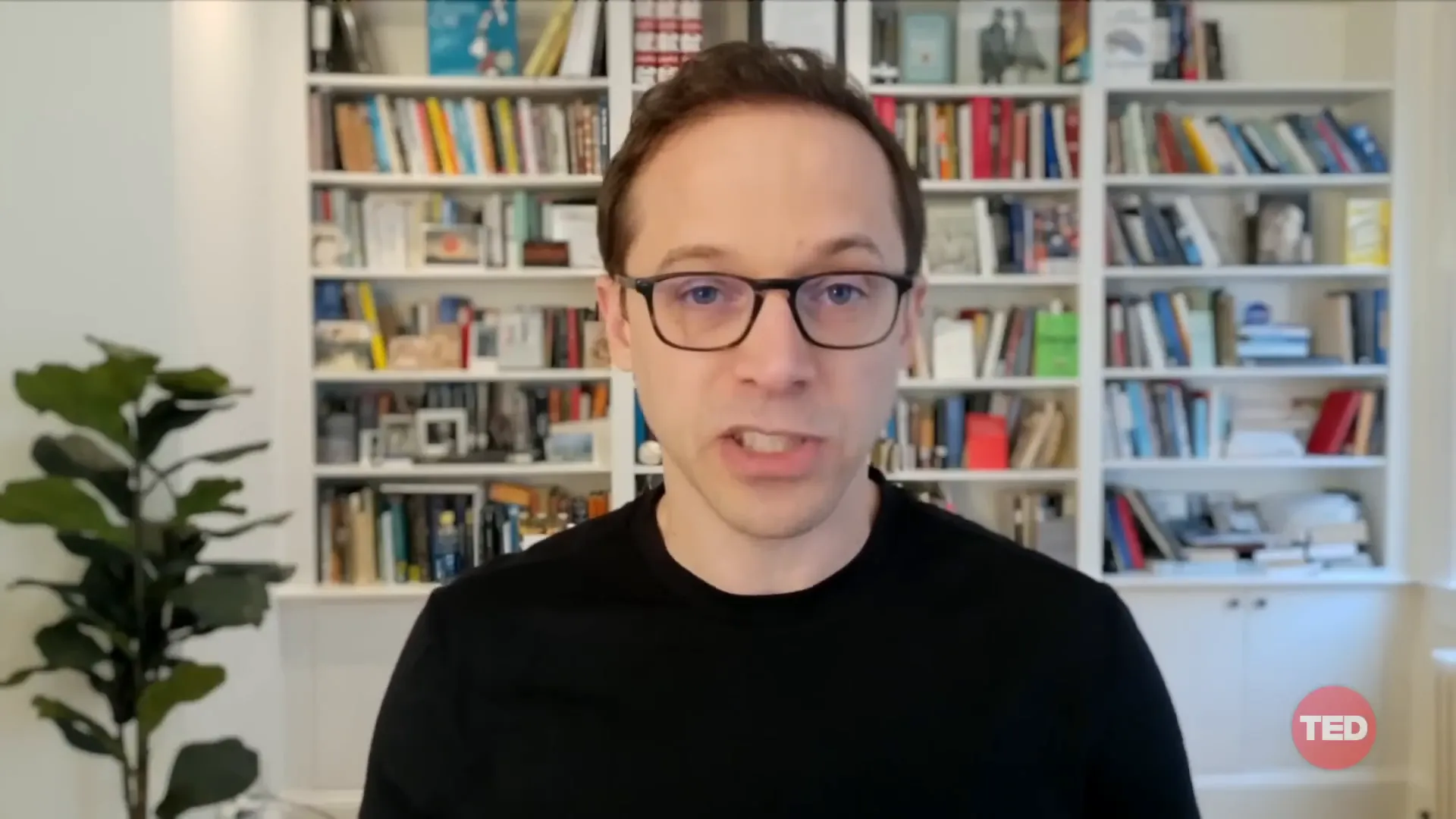
The Role of Reflection
Reflection plays a pivotal role in self-regulatory learning. It allows us to assess our experiences and determine what works and what doesn’t. This process is not just about recognizing success or failure; it's about understanding the nuances of our actions and decisions. By integrating reflection into our daily practices, we can develop a clearer sense of direction and purpose.
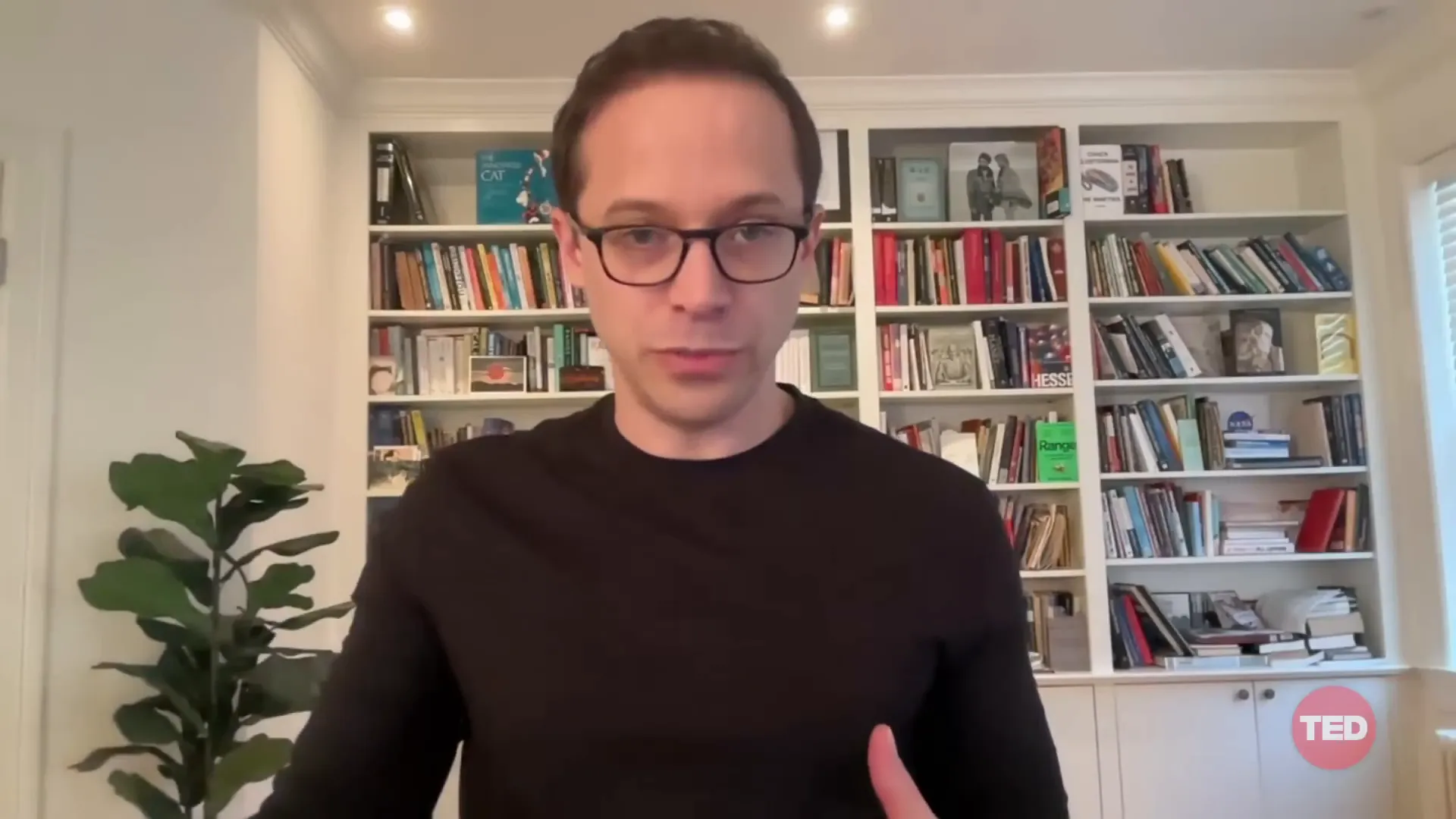
Implementing Self-Regulatory Learning
- Set Flexible Goals: Instead of rigid goals, establish flexible objectives that can evolve based on your experiences.
- Track Your Progress: Keep a journal or log to monitor your journey, noting successes and areas for improvement.
- Embrace Feedback: Seek constructive feedback from peers or mentors to gain new perspectives on your progress.
The Cost of Success
Success often comes with hidden costs. While achieving a goal can bring a sense of accomplishment, it can also lead to stress, anxiety, and burnout. The pressure to succeed can overshadow the joy of the journey, making it essential to evaluate what success truly means to us.
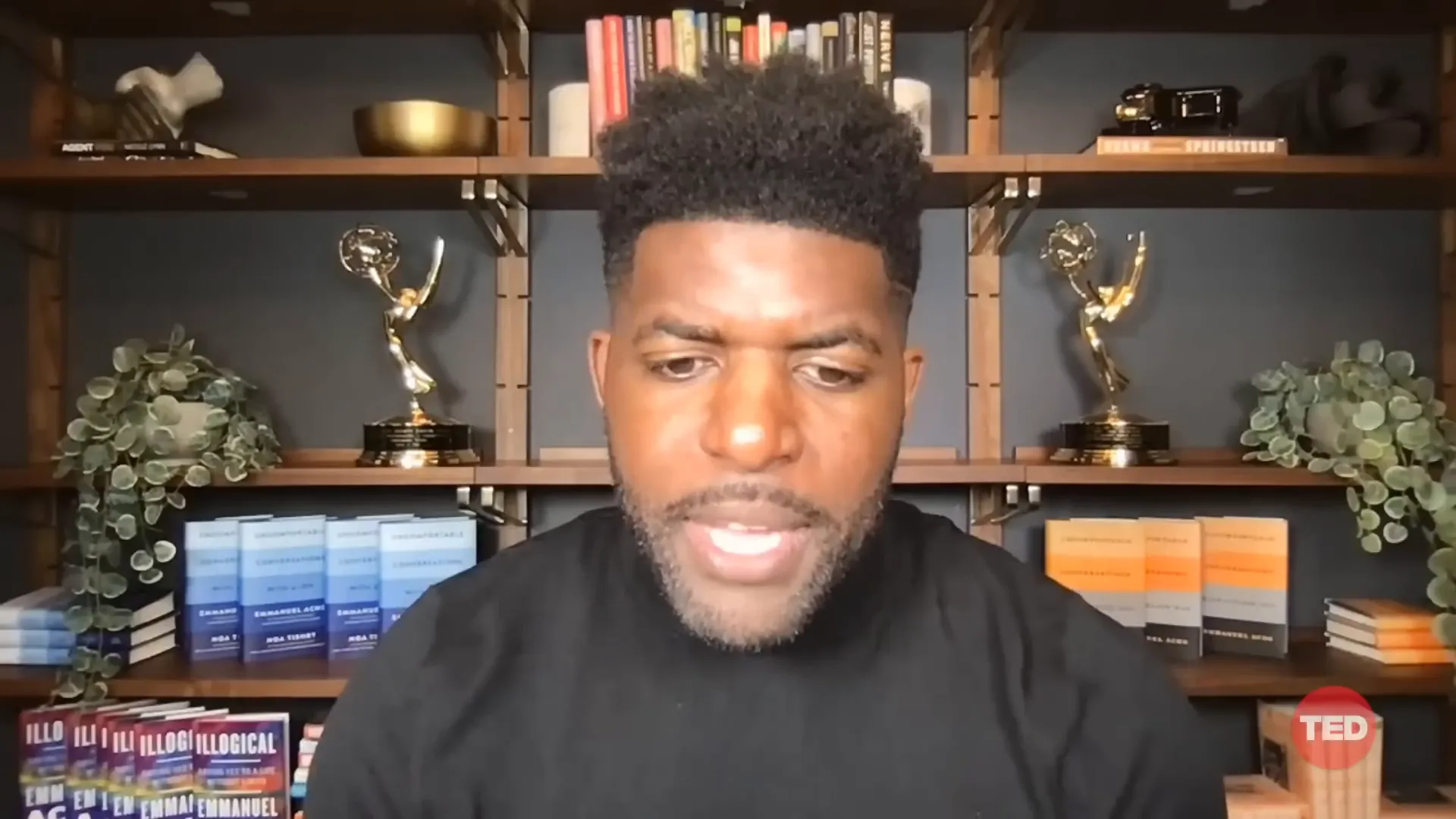
Understanding the Trade-Offs
When we set high expectations, we may inadvertently set ourselves up for disappointment. The fear of failure can become paralyzing, causing us to lose sight of our intrinsic motivations. It's crucial to recognize that the pursuit of success should not come at the expense of our well-being.
Redefining Success
- Focus on the Journey: Shift your perspective from the destination to the experiences gained along the way.
- Celebrate Small Wins: Acknowledge and celebrate incremental progress, no matter how small.
- Align with Personal Values: Ensure that your definition of success aligns with your core values and beliefs.
The Dilemma Between Ambition and Well-Being
In a high-pressure world, the balance between ambition and well-being can be challenging to maintain. The relentless pursuit of goals often leads to stress and burnout, highlighting the need for a more holistic approach to personal and professional development.
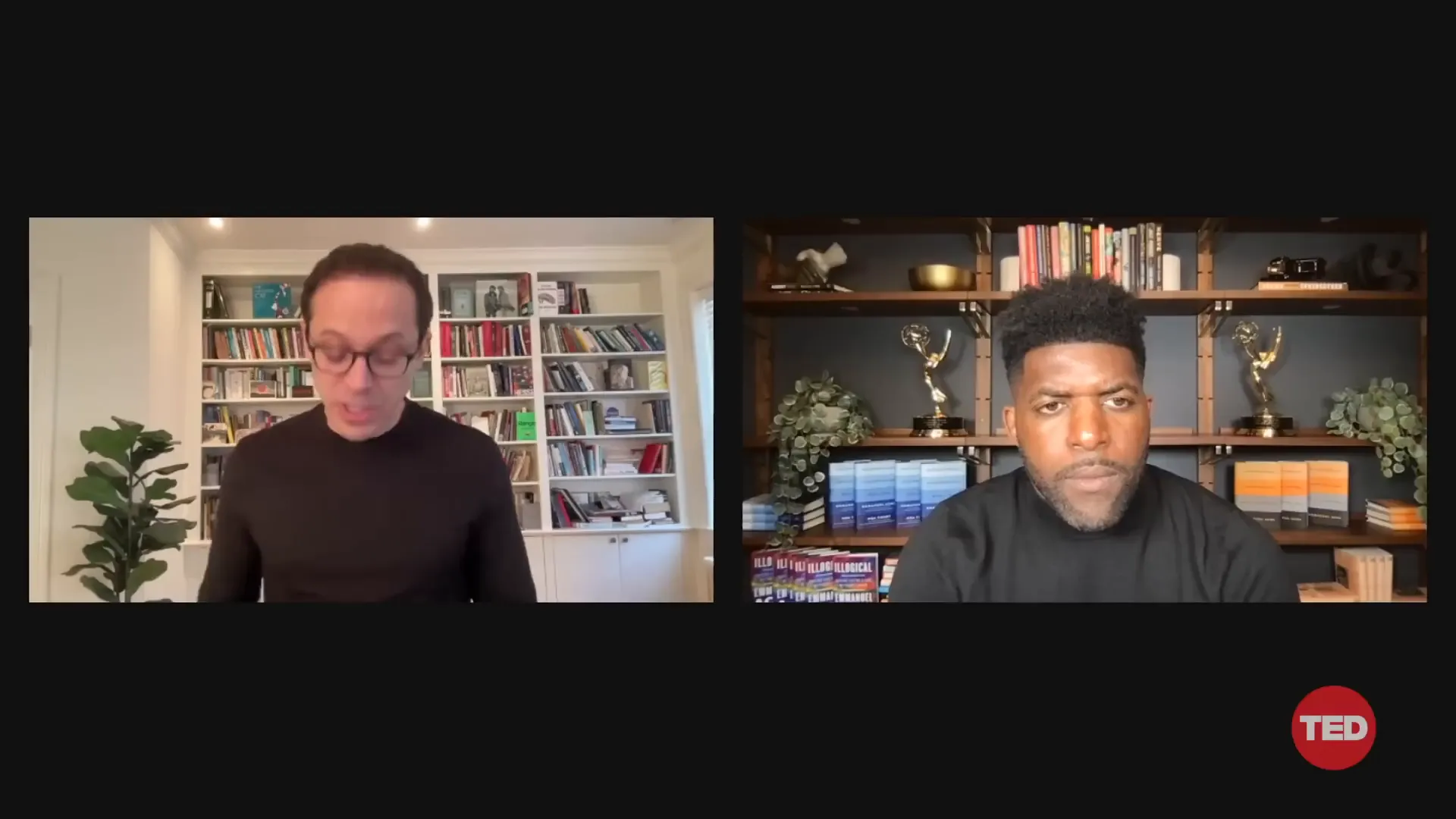
Finding Balance
To navigate this dilemma, it's essential to prioritize self-care and mental health. Ambition can drive us to achieve great things, but it shouldn't come at the cost of our well-being. By recognizing the signs of burnout and stress, we can make necessary adjustments to our approach and maintain a healthier balance.
Strategies for Balancing Ambition and Well-Being
- Set Boundaries: Establish clear boundaries between work and personal time to ensure adequate rest and recuperation.
- Practice Mindfulness: Incorporate mindfulness techniques into your daily routine to reduce stress and enhance focus.
- Seek Support: Don’t hesitate to reach out for help from friends, family, or professionals when feeling overwhelmed.
The Role of Flexibility in Goal-Setting
Flexibility is a crucial component of effective goal-setting. It allows us to adapt our plans and strategies based on our evolving circumstances and insights. Embracing flexibility enables us to remain open to new opportunities and experiences that may arise along our journey.
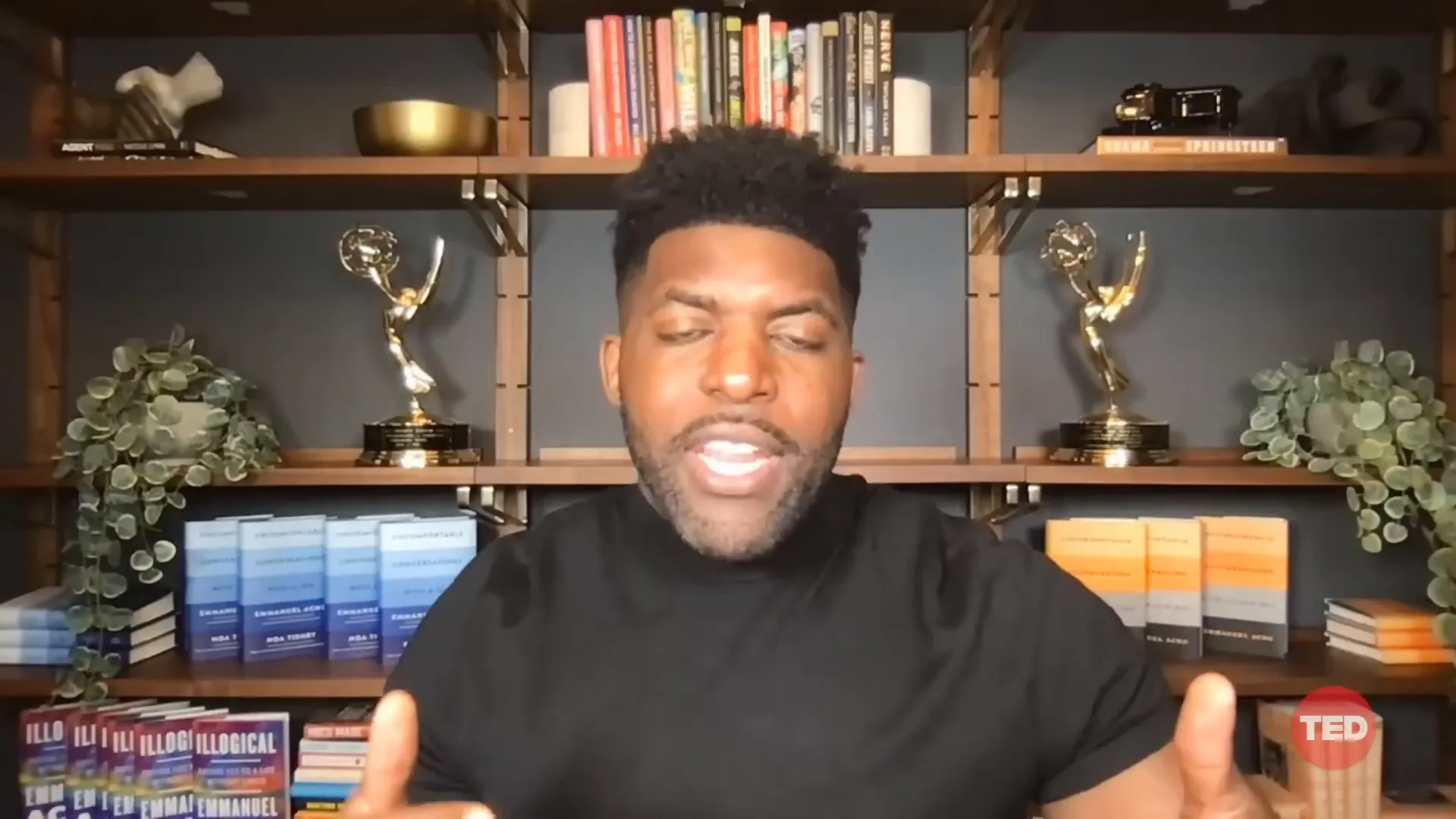
Why Flexibility Matters
Rigid goals can lead to missed opportunities. When we fixate on a specific outcome, we may overlook other paths that could be more beneficial. Flexibility encourages exploration and experimentation, which are vital for personal growth and development.
Strategies for Flexible Goal-Setting
- Regularly Review Goals: Periodically assess your goals to determine if they still align with your values and aspirations.
- Be Open to Change: Allow your goals to evolve as you gain new insights and experiences.
- Focus on Processes: Emphasize the actions and habits that contribute to your goals rather than fixating on the end result.
When Goals Are Necessary
While flexibility is essential, there are instances when setting specific goals is necessary. In situations where clear outcomes are required, such as project deadlines or performance metrics, having defined goals can provide structure and direction.
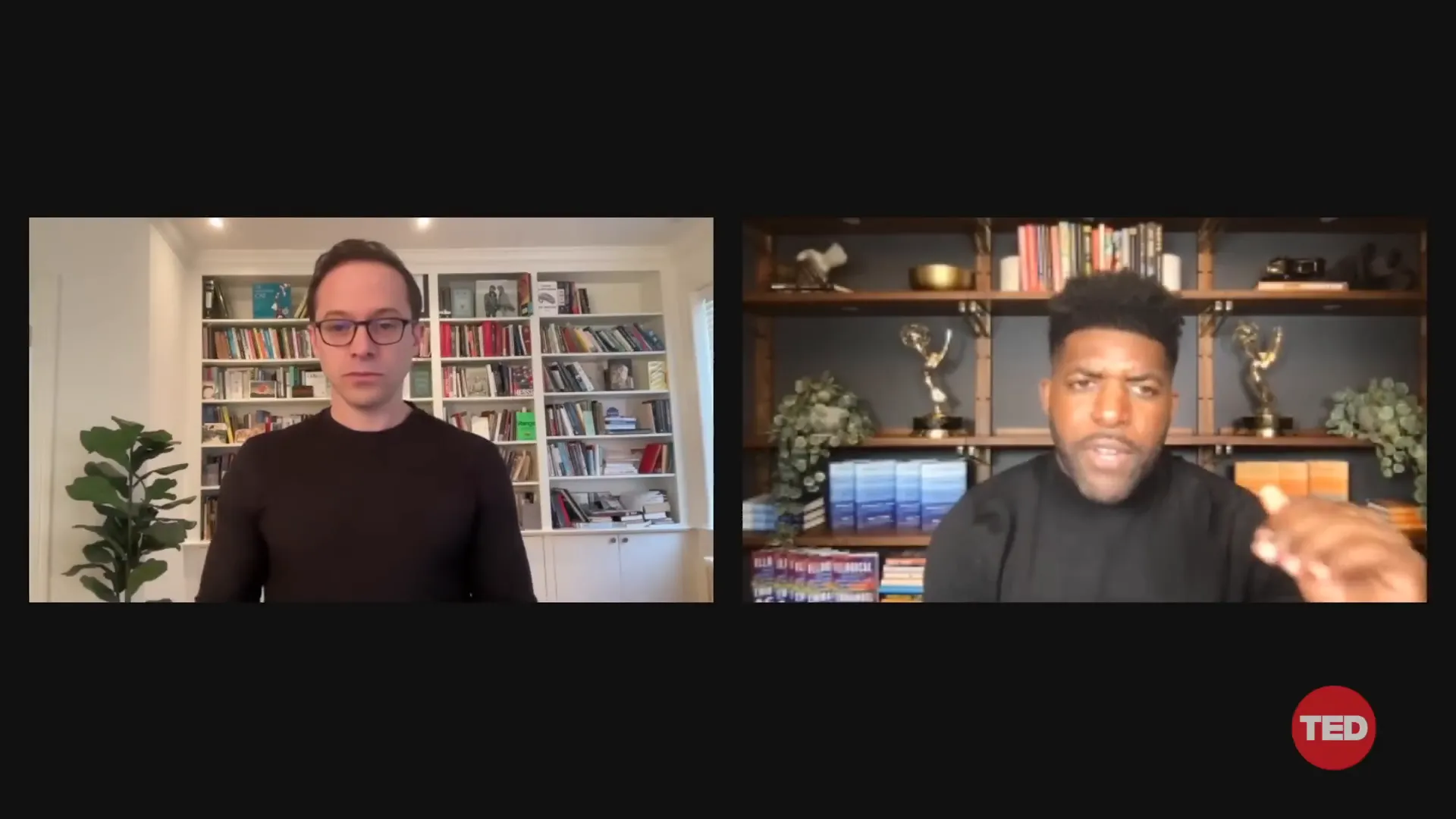
Identifying Situational Needs
In some contexts, such as professional environments, goals can serve as benchmarks for performance evaluation. However, it’s crucial to differentiate between goals that promote growth and those that create unnecessary pressure.
Best Practices for Goal-Setting
- Establish Clear Criteria: Ensure that goals are specific, measurable, achievable, relevant, and time-bound (SMART).
- Communicate Expectations: Clearly articulate goals and expectations to all stakeholders involved.
- Evaluate Outcomes: After reaching a goal, assess the results and consider what adjustments may be necessary for future endeavors.
The Power of Daily Actions
Daily actions are the building blocks of progress. While overarching goals provide direction, it's the small, consistent actions that lead to meaningful change over time. Emphasizing daily habits can help cultivate a sustainable path toward growth.
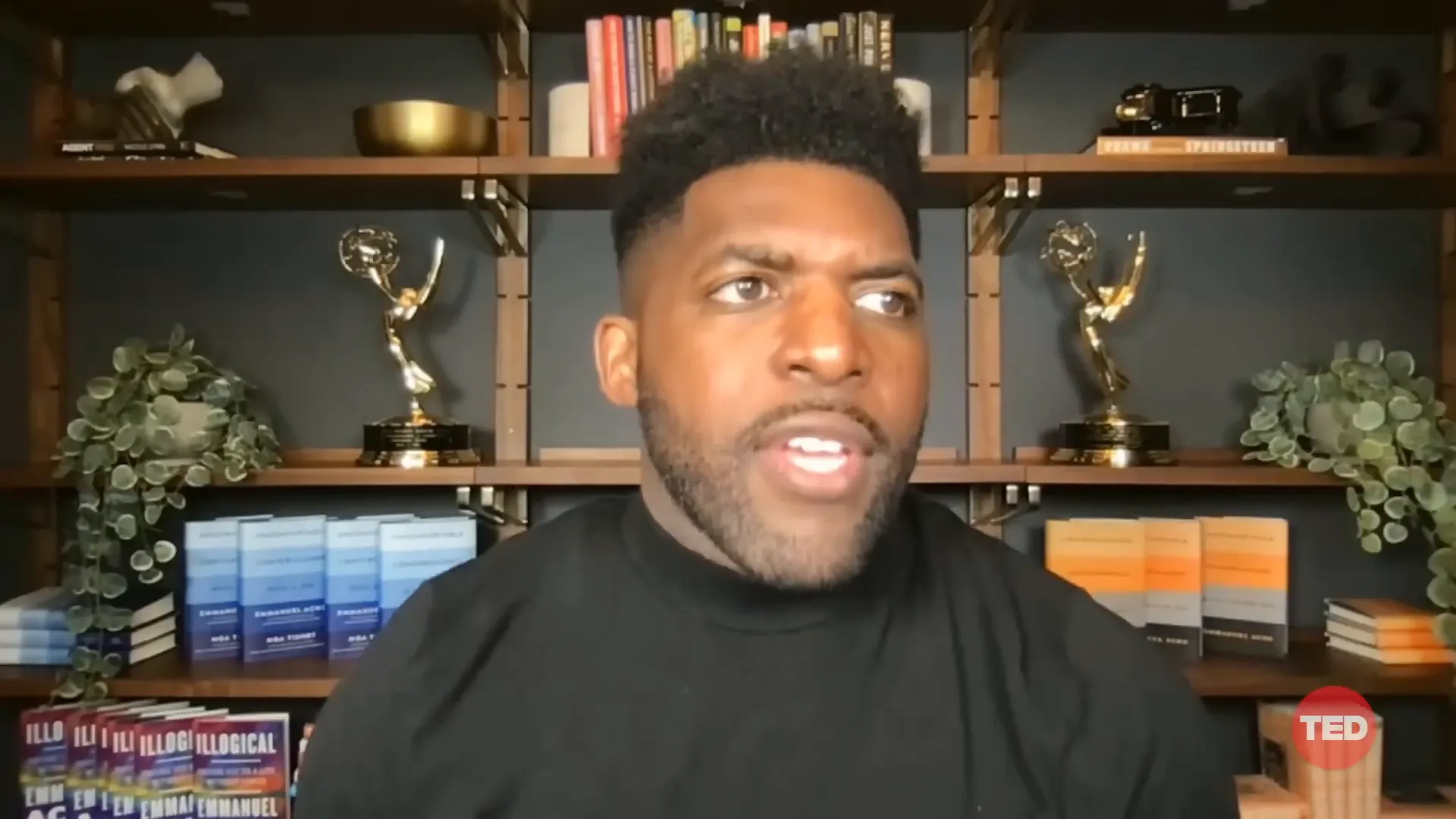
Creating Effective Daily Habits
To harness the power of daily actions, it’s essential to create habits that align with your objectives. By focusing on incremental changes, you can build momentum and make steady progress toward your desired outcomes.
Strategies for Daily Action
- Start Small: Begin with manageable tasks that can be easily integrated into your routine.
- Track Progress: Use a journal or app to monitor your daily actions and celebrate small victories.
- Stay Consistent: Commit to performing daily actions regularly to establish a strong foundation for growth.
Satisficing vs. Maximizing
The distinction between satisficing and maximizing is significant in our modern lives. While maximizing urges us to seek the best possible outcomes, satisficing encourages us to find solutions that meet our needs without overwhelming ourselves with choices.
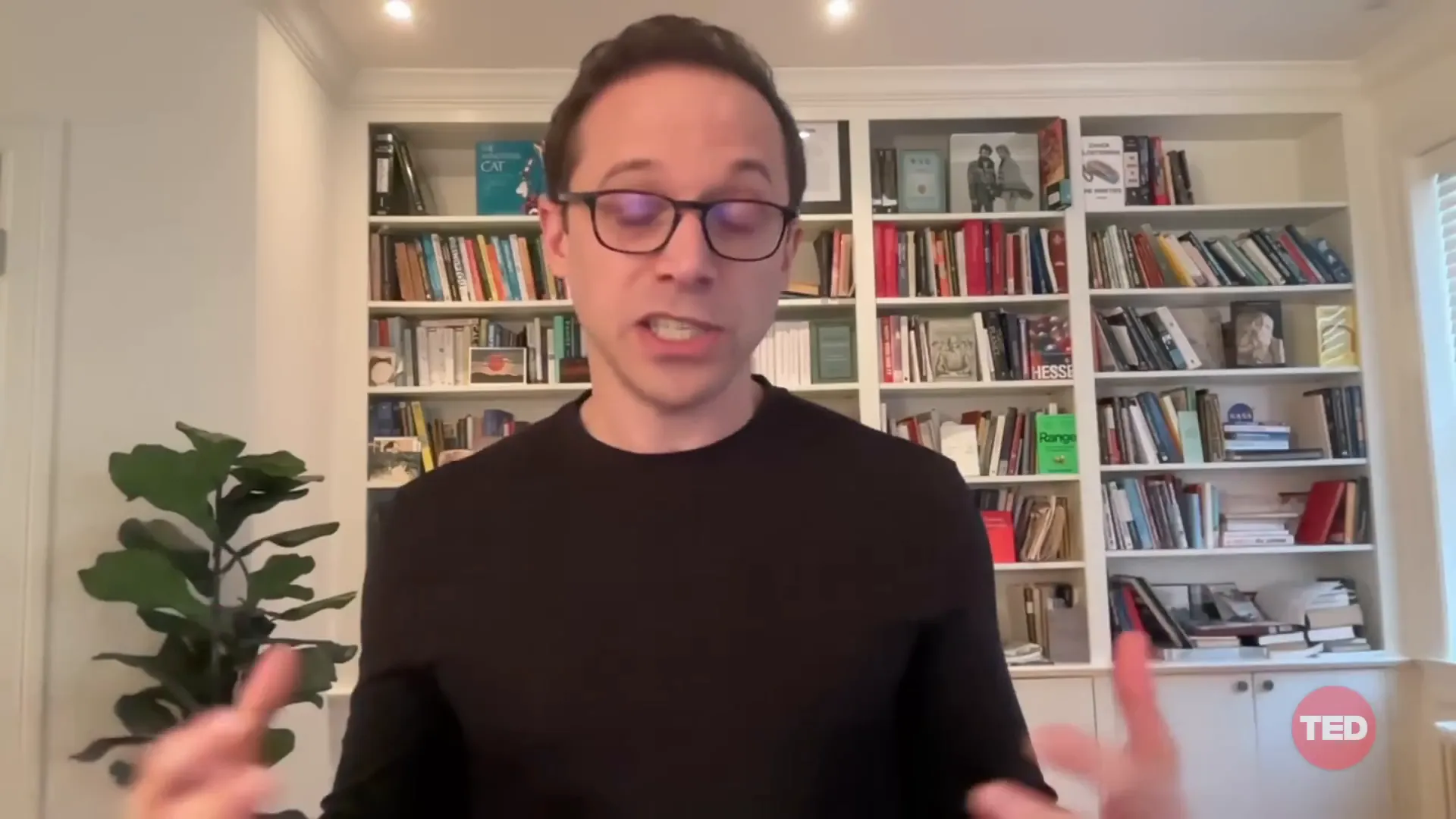
Understanding the Concepts
Satisficing is about making decisions that are "good enough" rather than striving for perfection. This approach can alleviate the stress and anxiety that often accompany the pursuit of ideal outcomes. By recognizing when satisficing is appropriate, we can reduce decision fatigue and enhance our overall well-being.
Applying Satisficing in Daily Life
- Identify Areas for Satisficing: Determine aspects of your life where perfectionism is hindering progress.
- Set Realistic Standards: Accept that not every decision needs to yield the best possible outcome.
- Embrace Imperfection: Allow yourself to make choices that are satisfactory rather than perfect.
By embracing these concepts and strategies, you can cultivate a more flexible, reflective, and fulfilling approach to your personal and professional life. Explore the resources available through GFunnel to further enhance your journey toward growth and success.
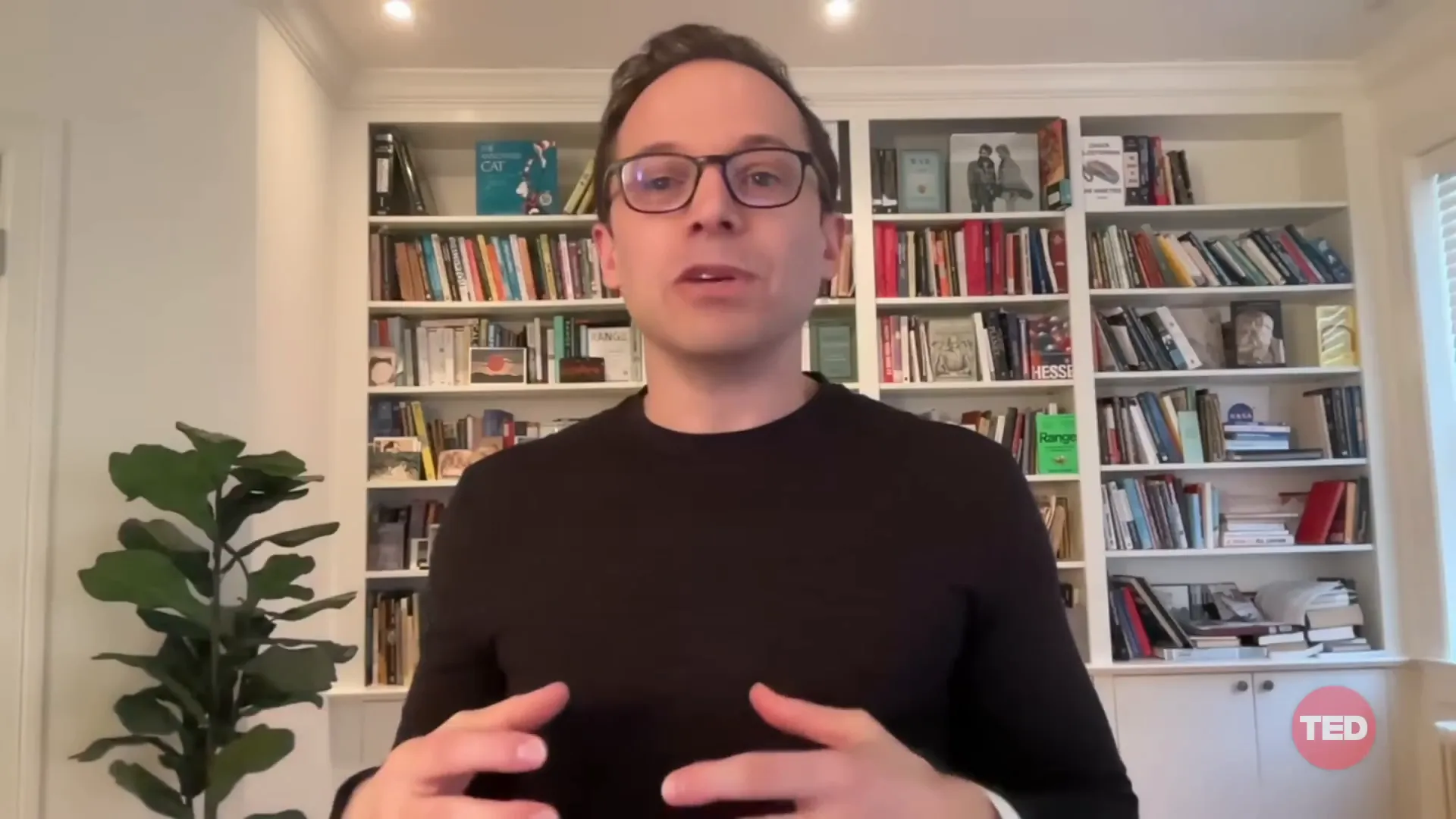
Learning from Olympic Athletes
Olympic athletes provide us with a unique lens through which we can examine our own ambitions and satisfaction. Take a moment to observe the medalists: the silver medalists often express disappointment, feeling they could have achieved gold. Conversely, bronze medalists celebrate their achievement, glad to be on the podium at all. This stark contrast highlights a critical lesson: our perception of success can significantly impact our well-being.
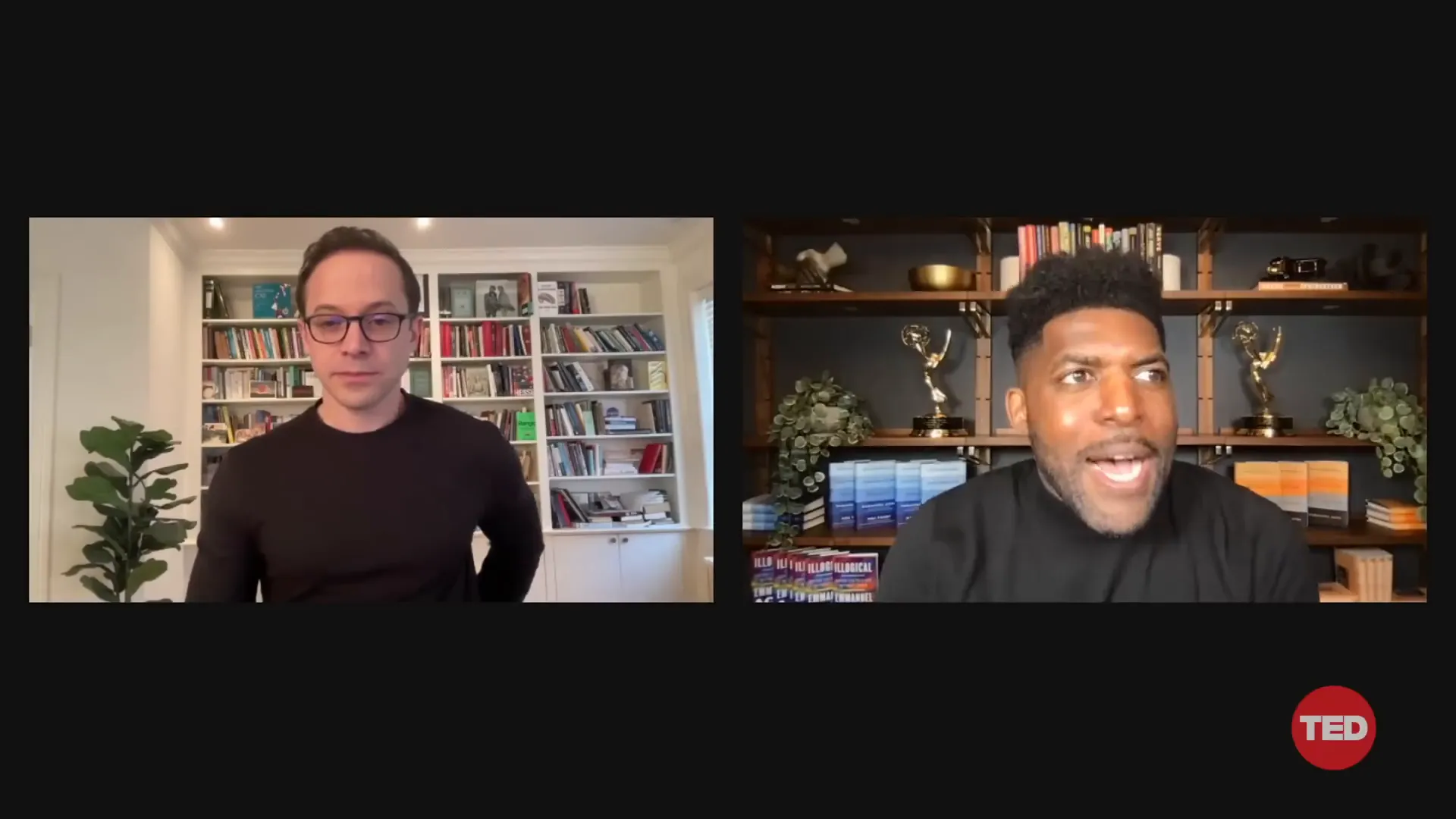
The Silver vs. Bronze Paradox
The silver medalist's mindset reveals a common pitfall of ambition—the tendency to focus on what was not achieved rather than celebrating accomplishments. Meanwhile, the bronze medalist's gratitude for reaching the podium showcases a healthier perspective, one rooted in appreciation rather than comparison.
This observation invites us to reevaluate our definitions of success. Are we chasing an ever-elusive gold standard, or can we find joy in our own achievements, however small? Learning from these athletes can guide us towards a more fulfilling approach to our aspirations.
The Importance of Internal Fulfillment
Internal fulfillment is about finding satisfaction within ourselves rather than relying on external accolades. In our pursuit of success, it’s easy to become fixated on societal standards, which often leads to dissatisfaction. Instead, we should focus on what makes us feel content and fulfilled.
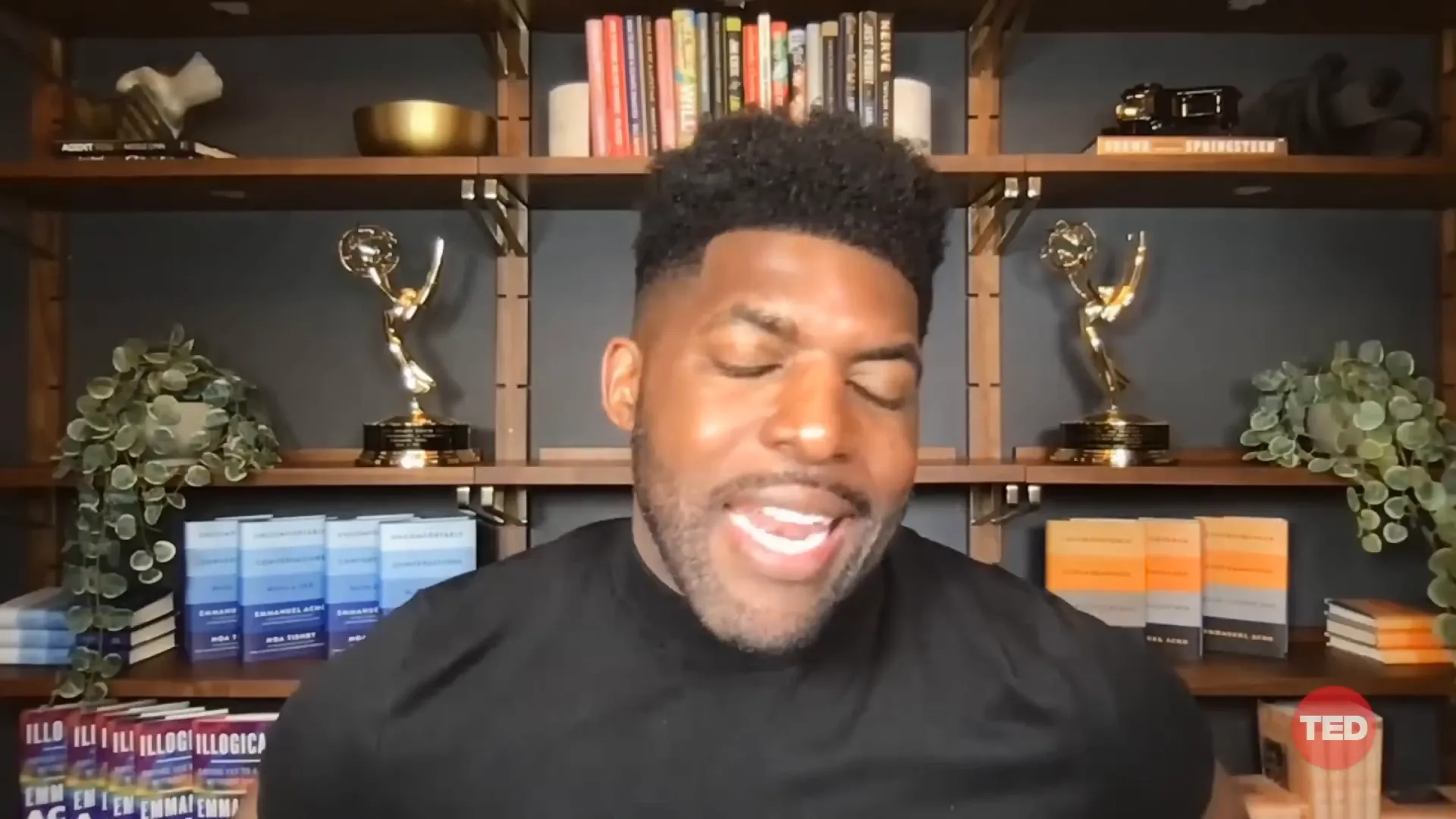
Shifting the Focus Inward
To cultivate internal fulfillment, we must engage in self-reflection. Ask yourself: What brings me joy? What activities make me feel alive? By concentrating on these questions, we can begin to align our objectives with our intrinsic motivations rather than external pressures.
- Practice Gratitude: Regularly acknowledge the things you appreciate in your life.
- Engage in Activities You Love: Dedicate time to hobbies and interests that resonate with your core values.
- Set Personal Benchmarks: Define what success looks like for you, independent of societal expectations.
Unlearning the Arrival Fallacy
The arrival fallacy is the belief that achieving a specific goal will bring lasting happiness. This mindset can trap us in a cycle of perpetual striving. When we reach our goals, we often find that the anticipated joy is fleeting, and we immediately set our sights on the next milestone.
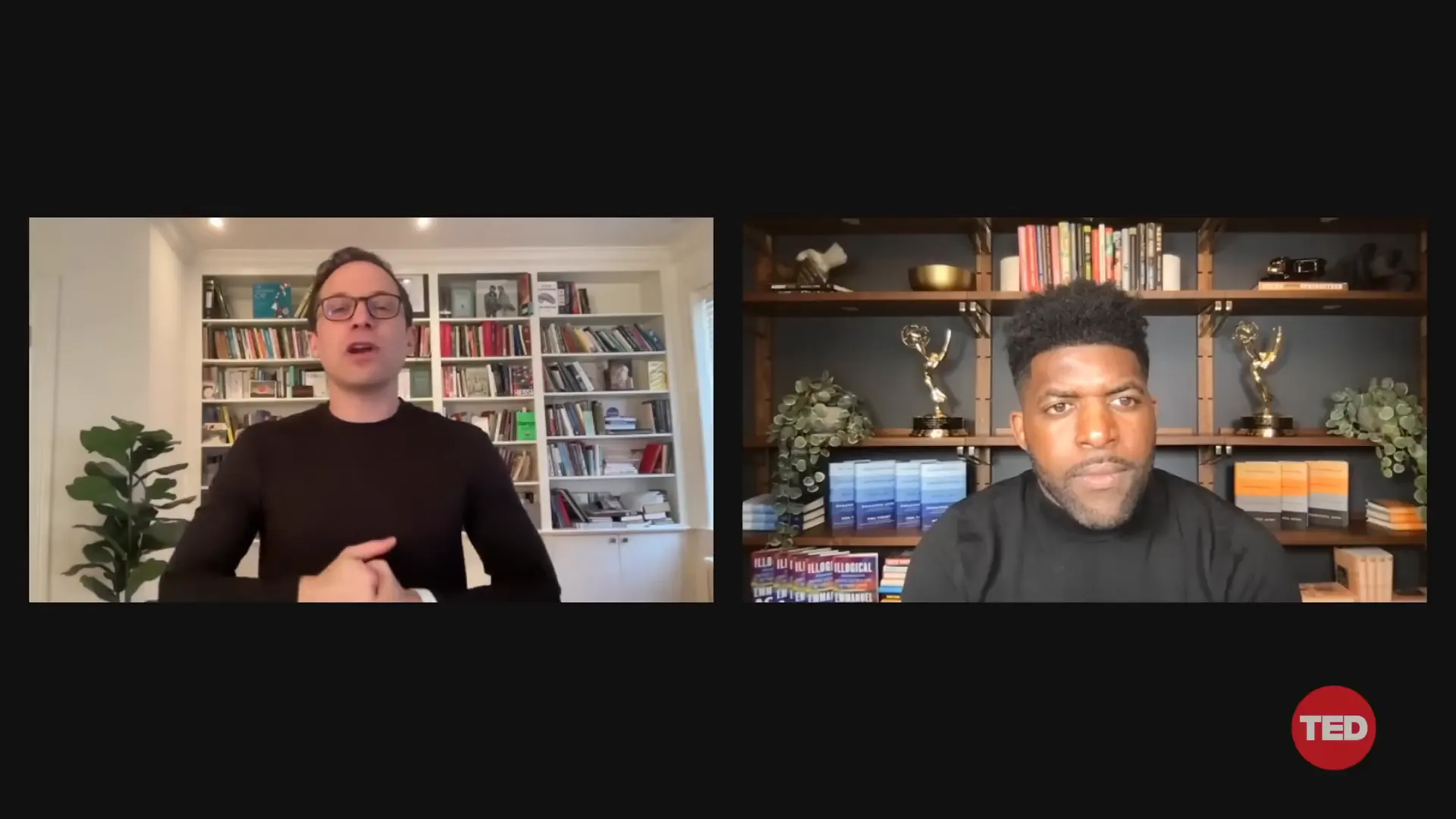
Recognizing the Fallacy
Understanding that fulfillment is not a destination but a journey is crucial. We must unlearn the idea that certain achievements will lead to happiness. Instead, we should focus on enjoying the process and the growth that comes with it.
- Embrace the Journey: Find joy in the daily efforts you make toward your goals.
- Reflect on Your Experiences: Regular reflection can help you appreciate the progress you’ve made.
- Adjust Your Mindset: Shift your focus from external validation to personal satisfaction.
Chasing Significance Over Success
As Emmanuel Acho pointed out, chasing significance rather than success can lead to a more meaningful life. Success often becomes a prison, where we feel compelled to meet ever-increasing expectations. On the other hand, significance allows us to measure our impact on others and the world around us.
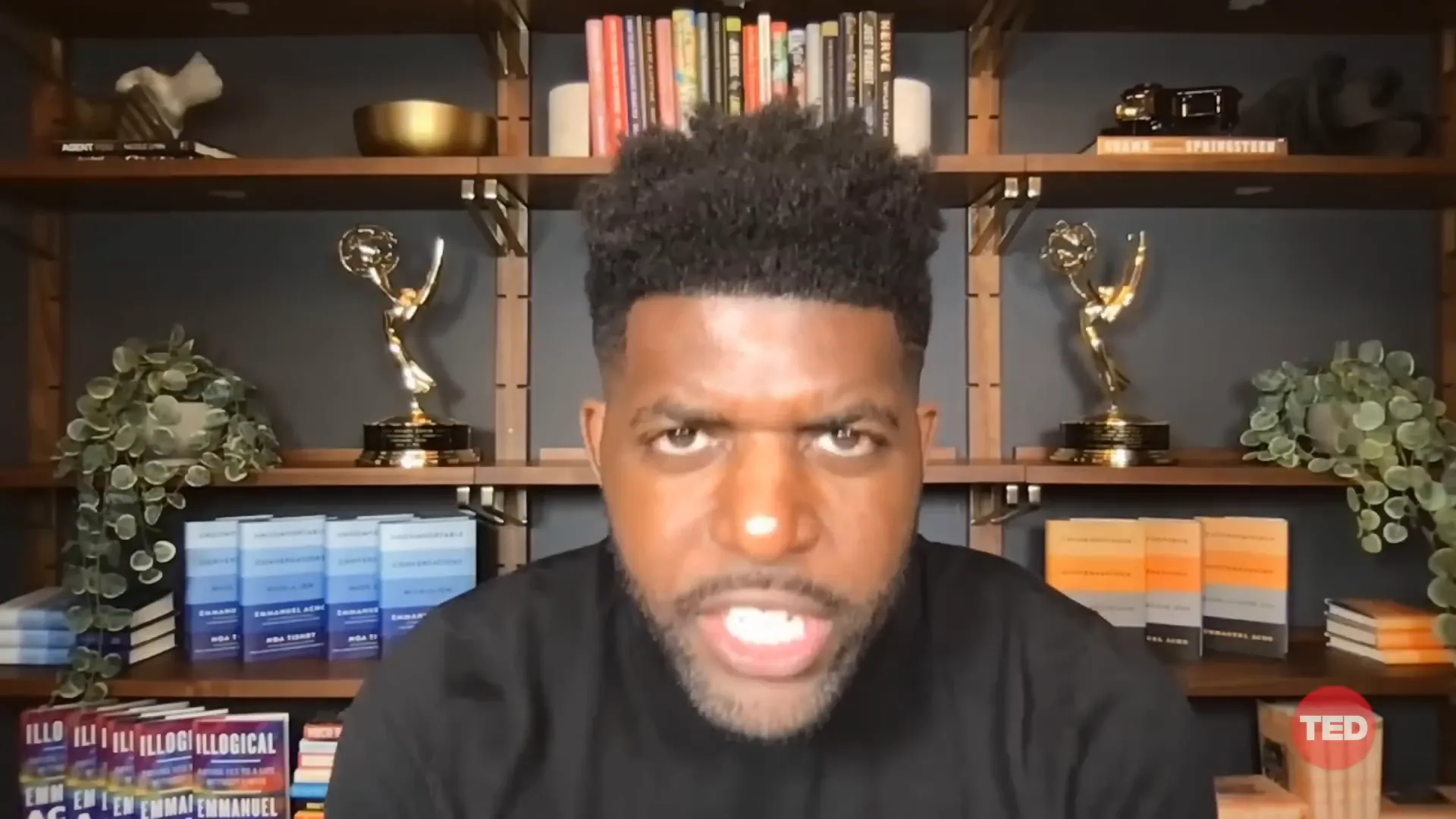
Defining Significance
Significance is about the positive impact we create, regardless of how it’s measured by society. It allows for a broader interpretation of success, one that emphasizes personal values and contributions over accolades.
- Make a Difference: Focus on how your actions can positively affect others.
- Value Relationships: Nurture connections that bring meaning to your life.
- Prioritize Personal Growth: Seek experiences that foster your development and enrich your perspective.
Practical Steps to Shift Focus
Transitioning from a focus on external achievements to internal fulfillment requires intentionality. Here are practical steps to help you make this shift:
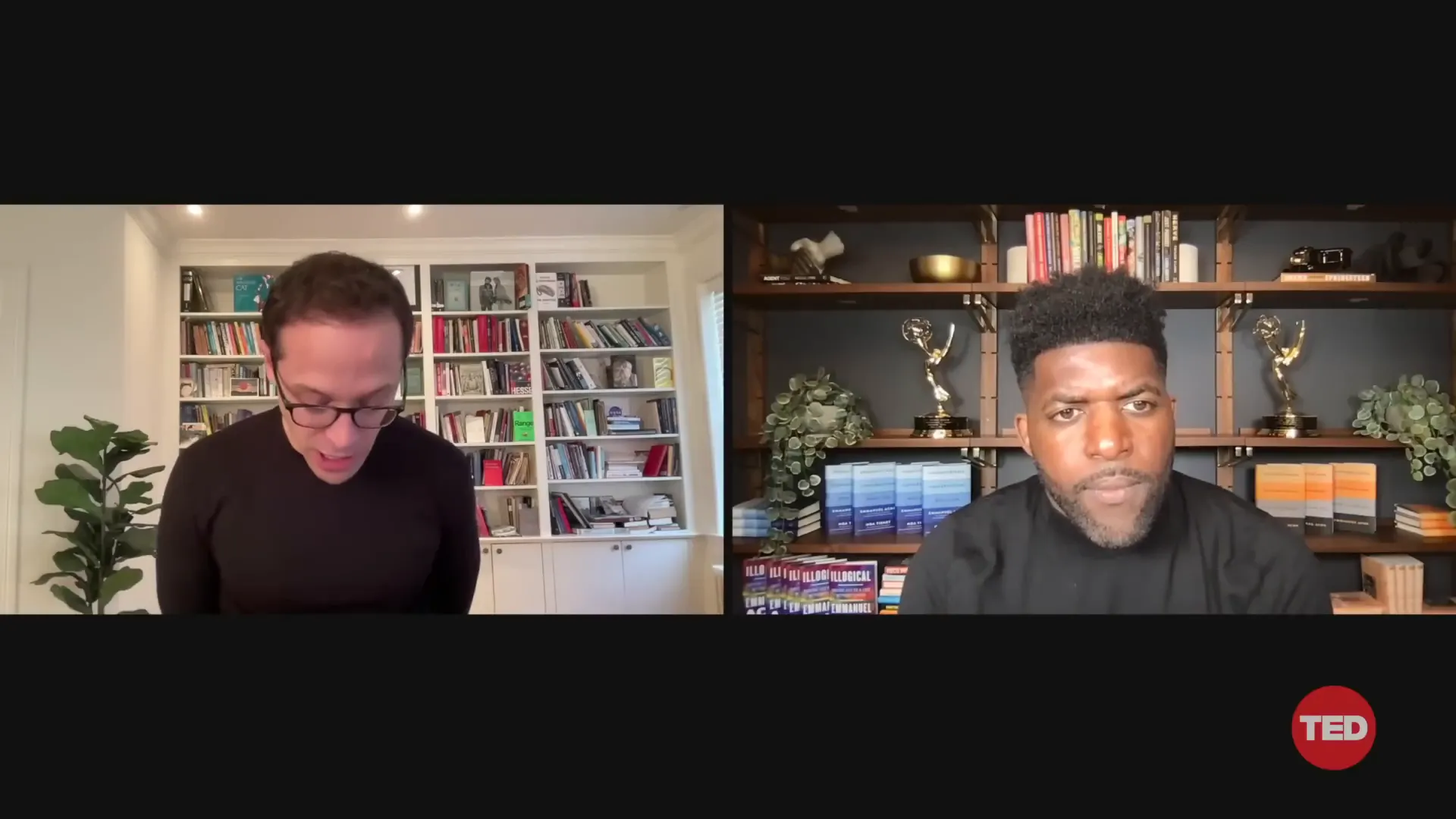
Implementing Change
- Turn Off the Noise: Consider taking breaks from social media to reduce external pressures and distractions.
- Engage in New Experiences: Try activities that encourage interaction with others, such as dance classes or community events.
- Reflect on Your Journey: Regularly assess your experiences to appreciate the lessons learned along the way.
The Final Thoughts
Embracing flexibility over rigid goals can lead to a more fulfilling life. By learning from Olympic athletes, prioritizing internal fulfillment, unlearning the arrival fallacy, and chasing significance, we can cultivate a mindset that celebrates growth and progress. These shifts not only enhance our well-being but also empower us to live authentically.
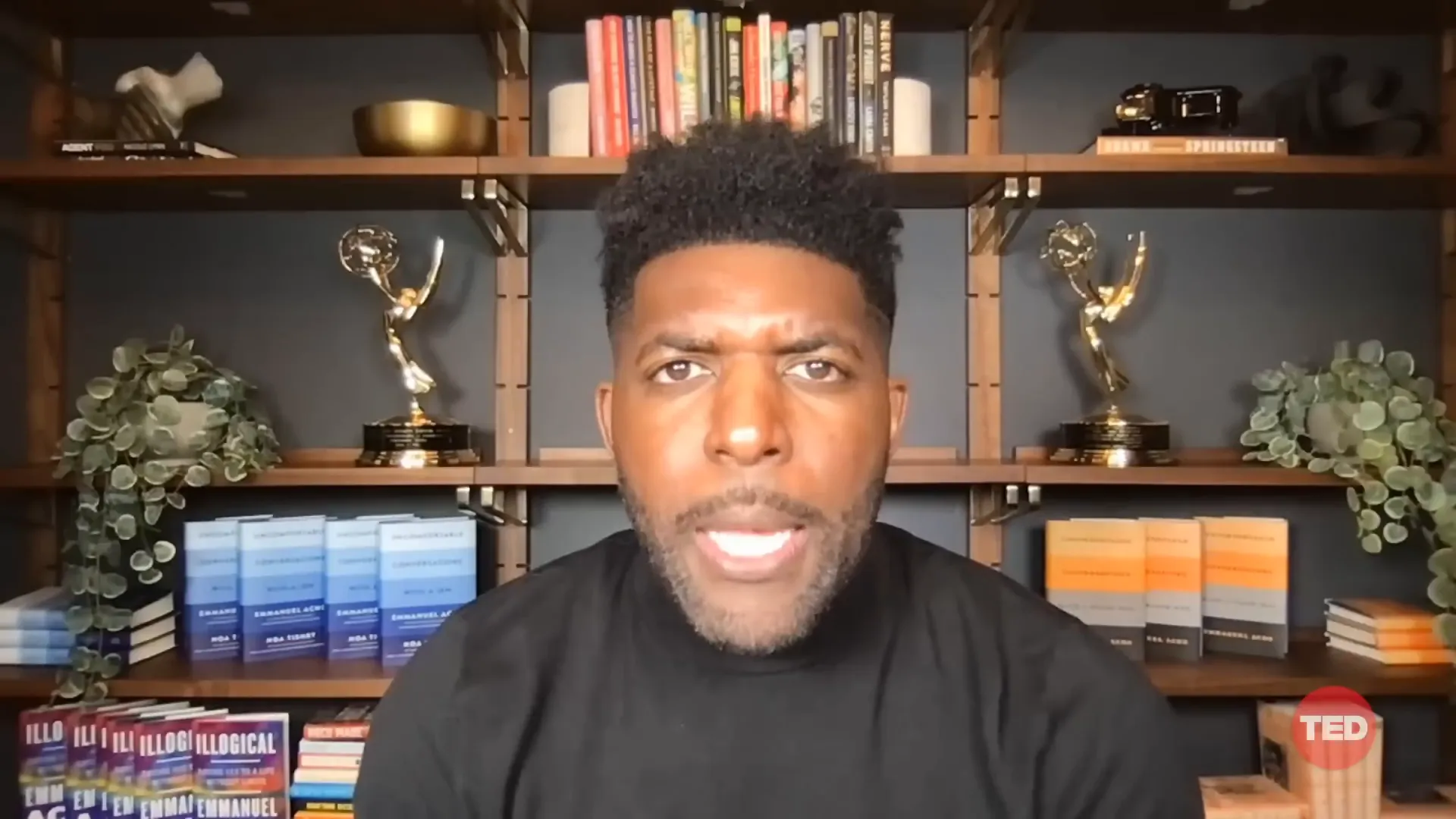
Embrace Your Journey
Your journey is uniquely yours. Focus on how it feels to you rather than how it looks to others. Remember, being true to yourself is the ultimate form of success.
FAQ: Embracing Flexibility in Life
What does it mean to embrace flexibility in goal-setting?
Embracing flexibility means allowing your goals to evolve as you grow and learn. It involves setting objectives that guide your actions while remaining open to new opportunities and experiences.
How can I shift my focus from external achievements to internal fulfillment?
Start by engaging in self-reflection, practicing gratitude, and prioritizing activities that bring you joy. Focus on personal growth and the impact you have on others rather than societal standards.
Why is significance more important than success?
Significance emphasizes the positive impact we create in the world, while success often ties us to external validation. By focusing on significance, we can cultivate a more meaningful and fulfilling life.
For those looking to further enhance their journey, explore the resources available through GFunnel. Connect with a community of entrepreneurs and creators who share your vision for growth and fulfillment.
